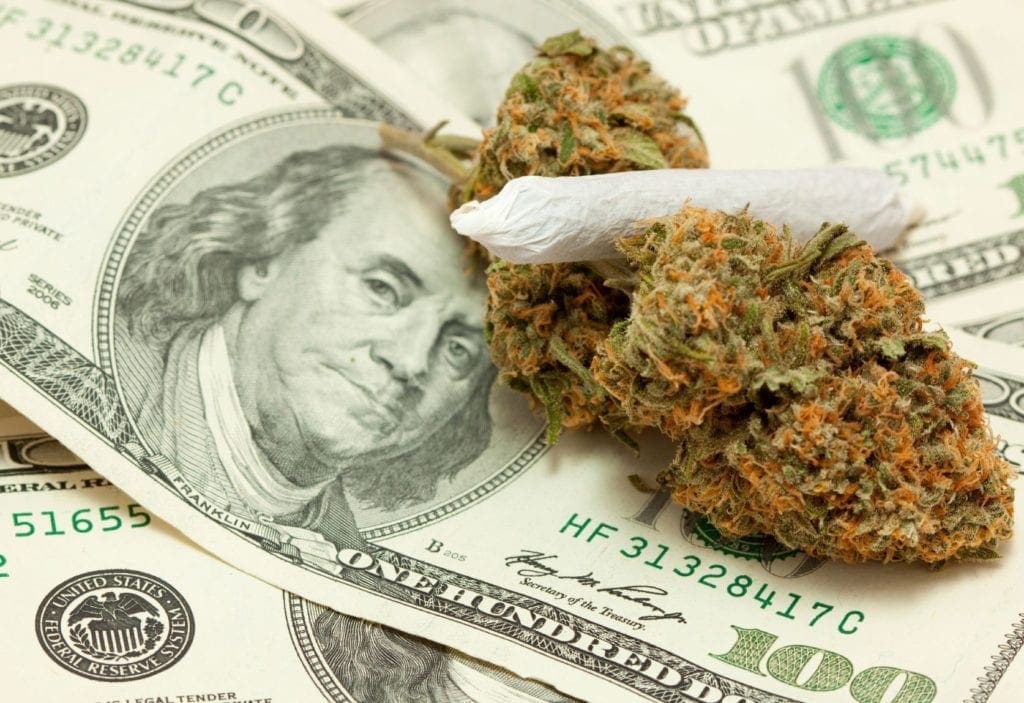In 2016, marijuana sales grew 30 percent in the United States and Canada, reaching $5.86 billion in U.S. sales alone. As new rules regarding marijuana use and commerce begin to take effect in states like Florida, the year of 2017 promises to be the best in record for cannabis. And yet, the federal government continues to uphold its ban on the plant. Going as far as reassuring the public that CBD, one of the main ingredients in the cannabis plant used to manage pain, is also a Schedule I drug.

Regardless of the federal government’s lack of grasp, the market has chosen to ignore restrictions. Which is what the last big numbers tied to marijuana sales helps to prove.
By 2021, legal sales in the North American continent could reach the $20.2 billion mark, making the marijuana industry’s growth incomparable to the growth of other remarkable industries such as the the Internet. At this rate, the industry could be posting a 25 percent compound annual growth, experts say. But before marijuana, few industries showed this type of success.
In the 1990’s, one of the few consumer industry categories that reached the $5 billion mark in annual spending — only to produce the same rate of growth following the boom — was cable television. In the 2000’s, the Internet did the same, with a 29 percent compound annual growth. As the marijuana market continues to grow, however, the most important aspect of this story is often ignored.
As options become more widely available, and substances such as cannabis achieve legitimate statuses, consumers who rely on the product or who are simply curious now have options. When consumers have options and they are able to “shop around,” they are also less likely to be exposed to the evils of defective or corrupted products. Bad quality is often associated with items available in the black market precisely because the dealer selling products in obscurity has no incentive to compete.
When drugs and other products considered dangerous are decriminalized or legalized, consumers are the first to benefit.
Instead of standing in the way of personal choice, we must boost choice by simply letting the market decide where it goes first. Not because companies and entrepreneurs have a right to tell consumers what to do, but because consumers will lead the way, demanding better services and acting accordingly, by boycotting a certain product or service provider.

























